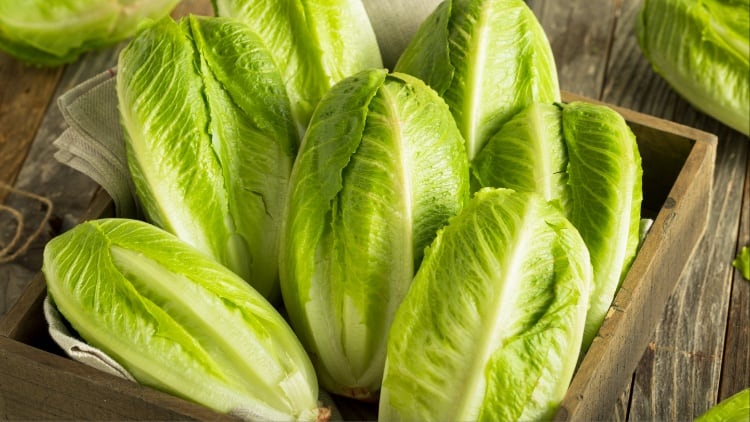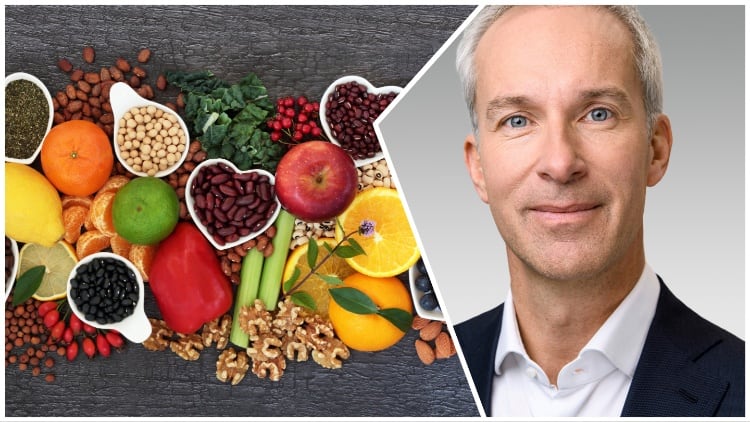A new study at the University of Illinois Urbana-Champaign examined the factors that affect E.coli contamination on five leafy greens including romaine lettuce, green-leaf lettuce, spinach, kale, and collards.
Researchers infected whole leaves from each of the five vegetables with E. coli O157:H7 and observed what happened after they were stored at 4C, 20C and 37C.
It was discovered that lettuce was far more susceptible to outbreaks of E.coli, but this was not so much the case with kale and other brassica vegetables. The researchers determined that the likelihood of an outbreak was determined by a combination of temperature and leaf surface properties such as roughness and the natural wax coating.
Commenting on the study, lead author Mengyi Dong said: “At room temperature or higher, E. coli grows very fast on lettuce, but if lettuce is refrigerated at 4C, we see a sharp decline in the E. coli population. However, for waxy greens like kale and collard, we get the opposite results. On these vegetables, E. coli grows slower under warmer temperatures, but if it is already present, it can survive longer under refrigeration.”
The fact that kale is less likely to see an outbreak adds to the fact that it is rarely eaten raw, with the cooking process killing or inactivating E.coli. However, lettuce is not cooked and while Dong said that rinsing it helps, doesn’t remove all the bacteria because of their tight attachment to the leaf.
“Whole leaves and freshly cut leaves present different situations,” Dong added.
“When the leaf is cut, it releases vegetable juice, which contains nutrients that stimulate bacterial growth.”
To further explore their findings, the researchers isolated juice from kale and collards and applied the liquid to lettuce leaves, finding that it can be used as a natural antimicrobial agent. The potential applications could include antimicrobial spray or coating to control foodborne pathogen contaminations at both pre-harvest and post-harvest stages.
“We can’t completely avoid pathogens in food. Vegetables are grown in soil, not in a sterile environment, and they will be exposed to bacteria,” said co-author Pratik Banerjee.
“It’s a complex problem to solve, but we can embrace best practices in the food industry and food supply chain. There's a lot of interest from the research community and federal agencies to address these issues, and the USDA imposes high standards for food production, so overall the U.S. food supply is quite safe.”
In other news, Mohsin Issa has said that Asda will hire a new chief executive after he carries out a “reset” of the business.





